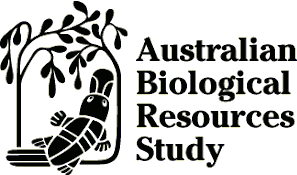Australian Tropical Rainforest Plants - Online edition
Hicksbeachia pilosa P.H.Weston
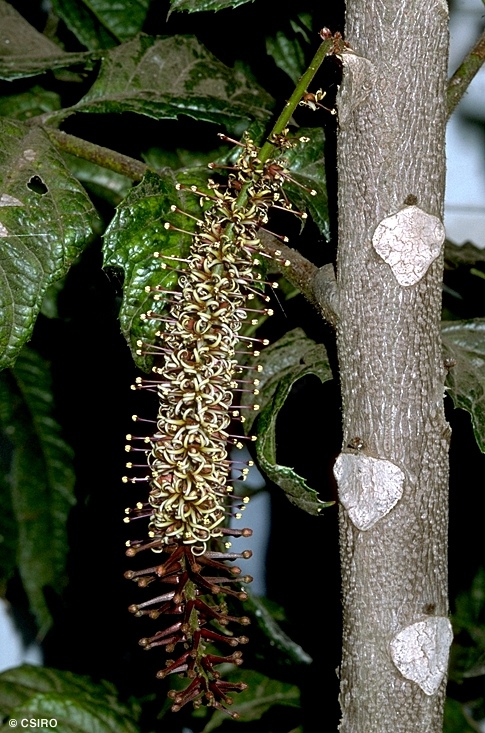

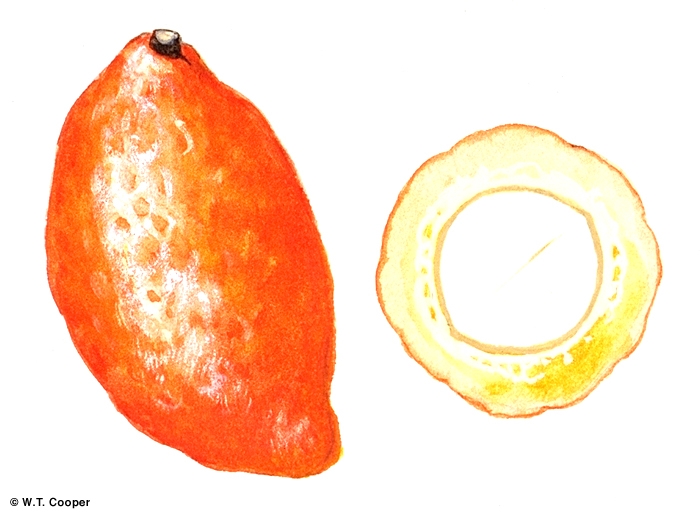
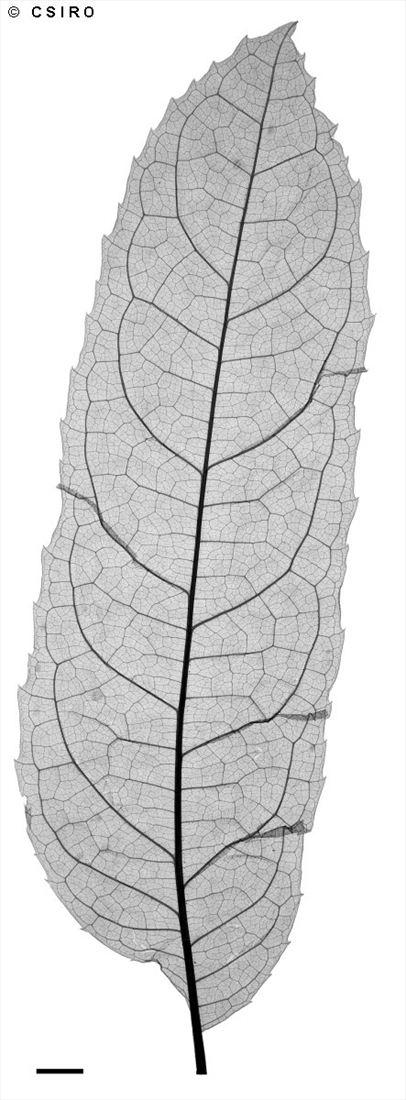
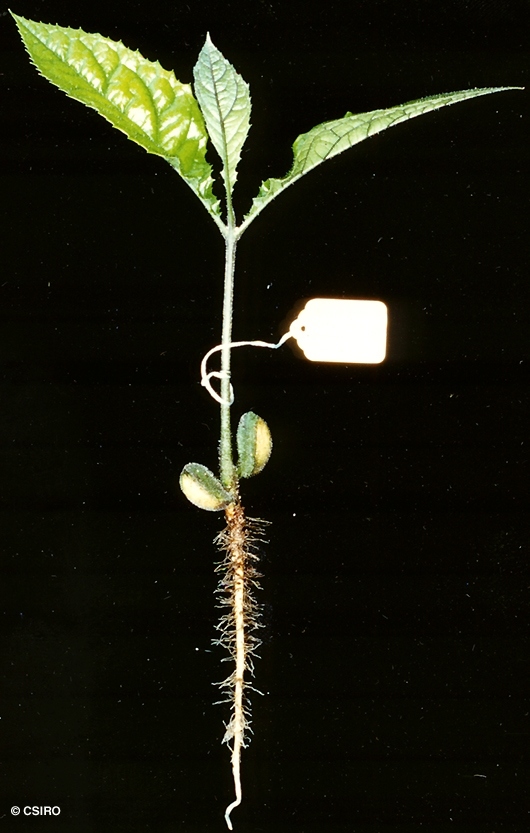
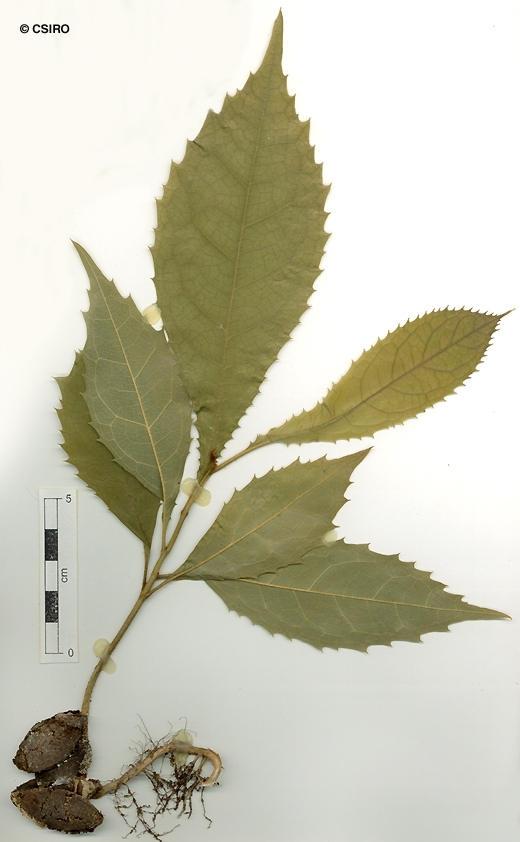
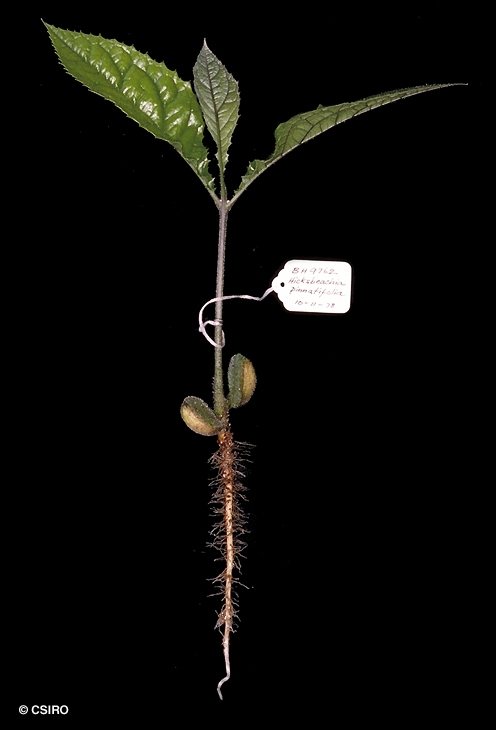
Weston, P.H. (1989) Telopea 3(2): 236. Type: QUEENSLAND: Cook: Bobbin Bobbin Falls, 17 deg 22 S 145 deg 46 E, P.H. Weston 959, G. Sankowsky & P. Hind, 23.8.1986.Holo: NSW; iso: BRI, QRS.
Red Bauple Nut; Ivory Silky Oak
Seldom exceeding 30 cm dbh. Oak grain in the wood and a corresponding pattern in the inner blaze.
Oak grain in the twigs. Leaves large, about 34-90 cm, with about 7-35 lobes or leaflets. Lobes or leaflet blades about 10-40 x 2.5-7 cm, thick and stiff, arched between the lateral veins; marginal teeth quite stiff and sharp. Leaflet stalks very short or absent. Terminal buds and very young shoots densely clothed in dark brown hairs.
Fruit bright shiny red (scarlet) about 3-5 x 2.5-3 cm. Seeds about 2.5-3 x 1.5-2 cm. Fruit borne on the trunk and branches.
Cotyledons without any obvious venation. First pair of true leaves coarsely toothed. At the tenth leaf stage: leaf blade +/- elliptic, margin conspicuously toothed, midrib raised on the upper surface, hairy on both the upper and lower surfaces at least when young; terminal bud densely clothed in brown hairs. Seed germination time 19 to 52 days.
Endemic to NEQ. Altitudinal range from sea level to 800 m. Grows as an understory tree in well developed lowland and upland rain forest on a variety of sites.
The seeds of this species are occasionally eaten in North East Queensland but caution should be exercised as HCN has been found in the seeds of a closely related species Hicksbeachia pinnatifolia. Everist (1974).
A slender tree with very good potential for the garden. The large pinnate leaves, the interesting sweetly perfumed flowers from the stem and the bright pink to red fruits are all desirable features.




